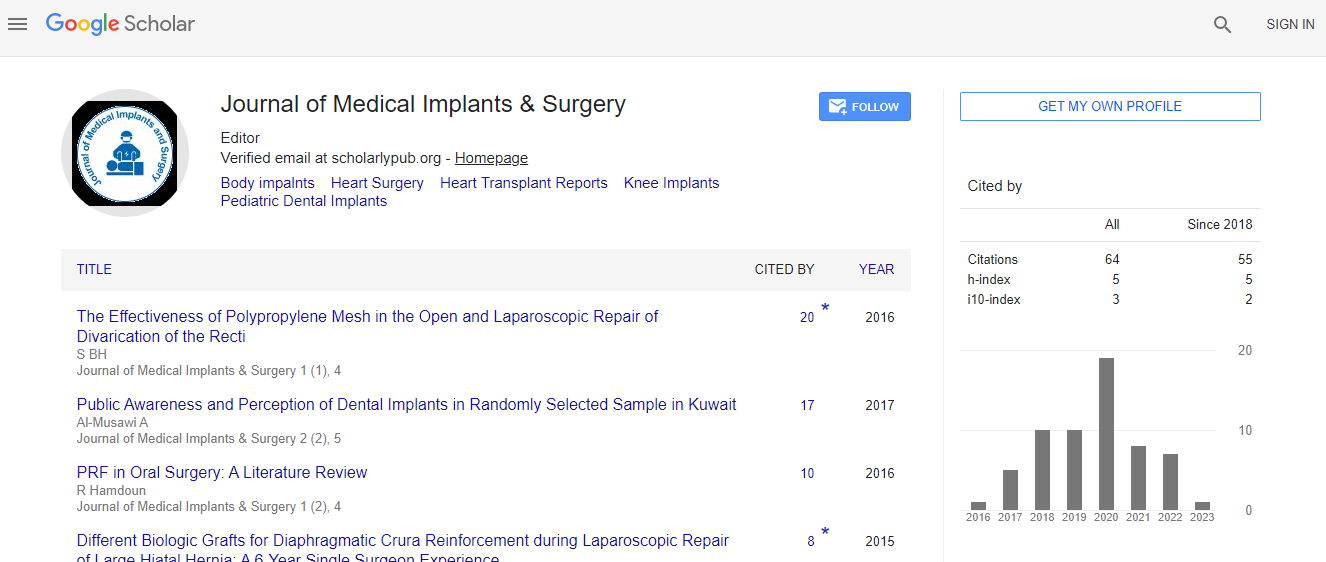Value of Human Factors, Cognitive and Mental Skills in Promoting Patient Safety Culture
Abstract
Introduction: Health care system is an extremely risky domain as the third leading cause of death in America is medical errors. The operating theatre (OT) is recognized as a high-risk, accident prone environment where consequences of failure can be catastrophic. OT is also regarded as a complex, dynamic and tightly coupling system that can spring nasty surprise.
Multiple Case Reports: We will describe multiple cases in which various factors have led to human errors which induced anesthetic crises. The problem of morbidity and mortality from adverse events in healthcare has undergone over 15 years of intensive scrutiny and research worldwide; despite of dramatically intensified efforts to increase safety of the healthcare system and reports have suggested that safety has not improved. The adverse event rate has remained the same suggesting that our current solution to the problem is not working. We will explain an approach to counteract this defect in anesthetic care system through a multi-dimensional protective vision (MDPV) which is composed of knowledge and is the catalogue of most common anesthetic errors. Their classification and types with over emphasis on correcting cognitive errors which are thought process errors that lead to incorrect diagnoses and/or treatment. We will define anesthetic non-technical skills (ANTS) which are cognitive, mental, behavioral and interpersonal abilities that are crucial to guarantee maximum safety and reduce the risk of errors. They are expressed as art of decision making, task management, situation awareness, communication, team work and stress management. We will explain the science of high reliability organizations (HROs) which are those organizations like aviation industry and nuclear power stations that are running high risk tasks with excellent safety records. We will show the behavioral markers by which HRO teams promote safety.
Conclusion: We strongly recommend adopting (MDPV) via pre and post graduate program composed of comprehensive training in human factors and understanding the key types of cognitive errors specific to anesthesia which can be the first step towards training in metacognition de-biasing strategies and continuous education on ANTS as well as the science of HROs in addition to coordination strategies used by Crisis Resource Management (CRM). We suggest implementing a white box (WB) which is an audio/video record in the operating room to detect good performance to learn from and correct poor performance.
Biography:
Ashraf EL-Molla, M.B., B.Ch., M.Sc., M.D, Consultant Anesthesiologist, Ministry Of Health, Egypt, Cairo. He is interested in airway management, his recent publication “Bridging Bronchus, type six as a new rare case of a bronchial anomaly.

